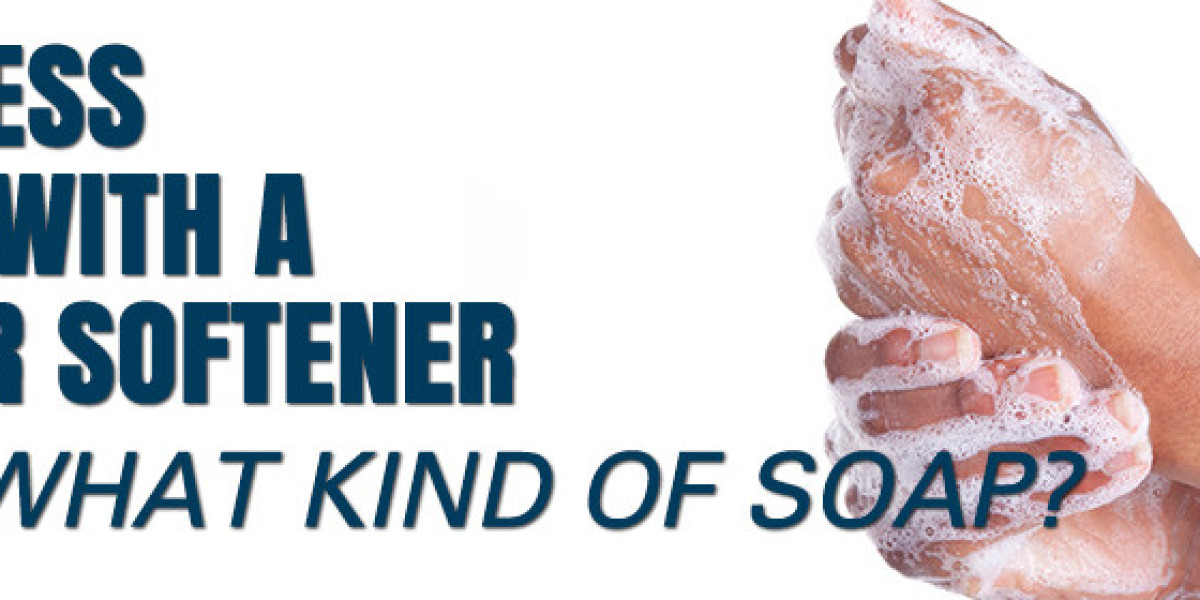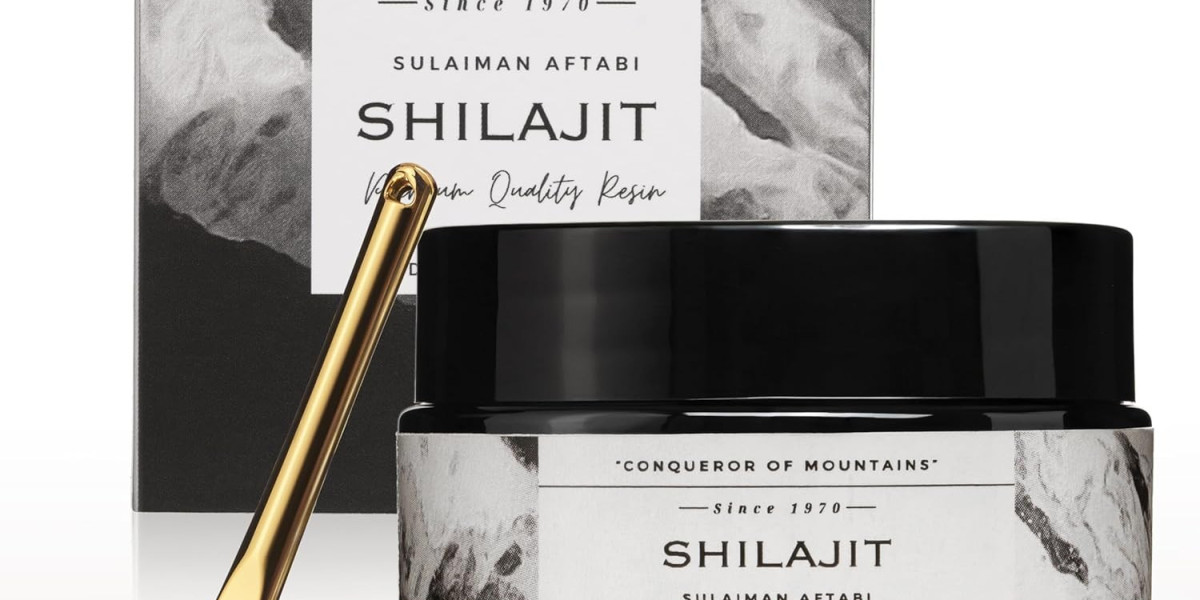Soft water is great for your skin, but it can be a nightmare for laundry. Without the minerals found in hard water, detergents don’t rinse out as easily, leaving behind a filmy residue that makes clothes feel stiff instead of fresh. And if you’re using the wrong detergent? You could be wasting money on extra soap while still dealing with dull, dingy fabrics.
The fix? Choosing a detergent designed for soft water. Some formulas work better than others, and a few key ingredients can make all the difference. In this guide, we’ll break down exactly what to look for, which detergents work best, and how to adjust your laundry routine for softer, cleaner clothes. Let’s dive in!
How Soft Water Affects Laundry Detergents
Soft water contains fewer dissolved minerals, meaning detergents create more suds with less product. While this might seem efficient, too many suds can cause problems. Excess soap can cling to fabric fibers, trapping dirt and making clothes appear dingy. It can also clog washing machines over time, leading to musty odors. Understanding how soft water interacts with detergents helps in selecting the right cleaning agent that washes away effectively.
Key Factors in Choosing the Right Detergent
When selecting a detergent for soft water, consider these crucial factors:
Low-Sudsing Formula: Since soft water produces more lather with less soap, using a high-efficiency (HE) detergent helps control excess suds. HE detergents are designed to work efficiently in low-water environments, making them ideal for soft water conditions.
Quick-Rinsing Capability: Look for detergents that rinse out easily, leaving no residue behind. Liquid detergents often perform better than powders in soft water, as they dissolve more completely.
Concentrated Formula: Since soft water requires less detergent per wash, a concentrated detergent ensures effective cleaning without overuse. Too much detergent can lead to buildup and make clothes feel sticky.
No Added Water Softeners: Some detergents contain water softeners to combat hard water issues. These ingredients are unnecessary for soft water and can make rinsing more difficult.
Mild or Eco-Friendly Ingredients: Harsh chemicals aren’t needed in soft water since there are no minerals to break through. Choosing a mild detergent minimizes irritation for sensitive skin and reduces environmental impact.
Best Types of Detergents for Soft Water
1. High-Efficiency (HE) Detergents
HE detergents are formulated to clean efficiently with less water. They produce fewer suds, which is crucial in soft water settings to prevent excessive residue. Some popular options include Tide HE Turbo Clean, Persil ProClean, and Seventh Generation Free & Clear.
2. Liquid Detergents
Liquid detergents work well in soft water because they dissolve completely, leaving no gritty residue. They are especially useful for cold water washes, ensuring that all soap rinses away properly. Brands like Arm & Hammer Clean Burst and Method Free + Clear are excellent choices.
3. Eco-Friendly or Plant-Based Detergents
Many natural detergents work exceptionally well in soft water, as they contain fewer fillers and unnecessary additives. These formulas focus on biodegradable ingredients that rinse away cleanly. Some great options include Ecover Zero, Mrs. Meyer’s Clean Day, and Biokleen Free & Clear.
4. DIY Laundry Detergents
For those who prefer a natural alternative, making your own detergent can be a great solution. A simple recipe involves mixing washing soda, borax, and a small amount of mild soap. This ensures effective cleaning without the risk of over-sudsing.
How to Adjust Your Laundry Routine for Soft Water
Using the right detergent is only part of the equation. Adjusting your laundry habits ensures cleaner, fresher clothes.
Use Less Detergent: Soft water requires significantly less detergent than hard water. Start with half the recommended amount and adjust as needed. Too much detergent leads to residue buildup and stiff fabric.
Rinse Thoroughly: Selecting an extra rinse cycle helps eliminate any lingering soap from clothing, preventing residue from making fabrics feel slimy or sticky.
Avoid Fabric Softeners: Since soft water already prevents mineral buildup, fabric softeners are unnecessary and can cause excessive coating on fabrics, reducing their absorbency.
Use Vinegar for a Natural Rinse: Adding a half-cup of white vinegar to the rinse cycle helps remove excess detergent and keeps clothes feeling fresh.
Common Mistakes When Washing Clothes in Soft Water
Even with the best detergent, simple mistakes can lead to laundry issues.
Overusing Detergent: More soap doesn’t mean cleaner clothes. In soft water, it leads to soap residue that attracts dirt.
Skipping the Rinse Cycle: Since soft water holds onto detergents longer, skipping an extra rinse can leave soap on clothing.
Using Powder Detergents Incorrectly: Some powder detergents don’t dissolve well in soft water, leading to clumps in the washing machine. If using a powder, ensure it is fully dissolved before adding clothes.
Final Thoughts
Choosing the best detergent for soft water ensures clothes come out clean, fresh, and residue-free. Whether opting for a high-efficiency liquid detergent, an eco-friendly option, or a DIY solution, the key is to use less soap and ensure thorough rinsing. By making simple adjustments to your laundry routine, you can achieve consistently bright, soft, and odor-free fabrics without the challenges that soft water can sometimes present.









